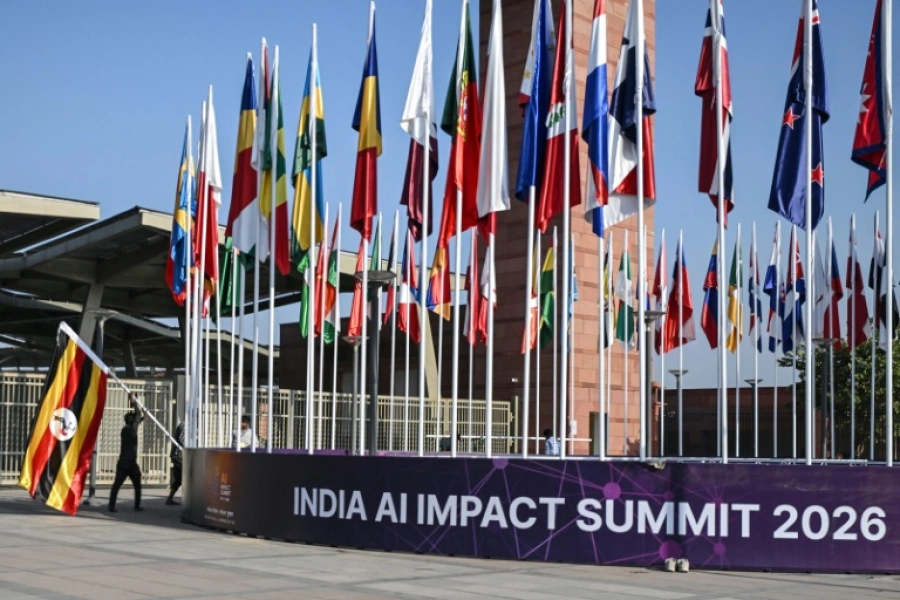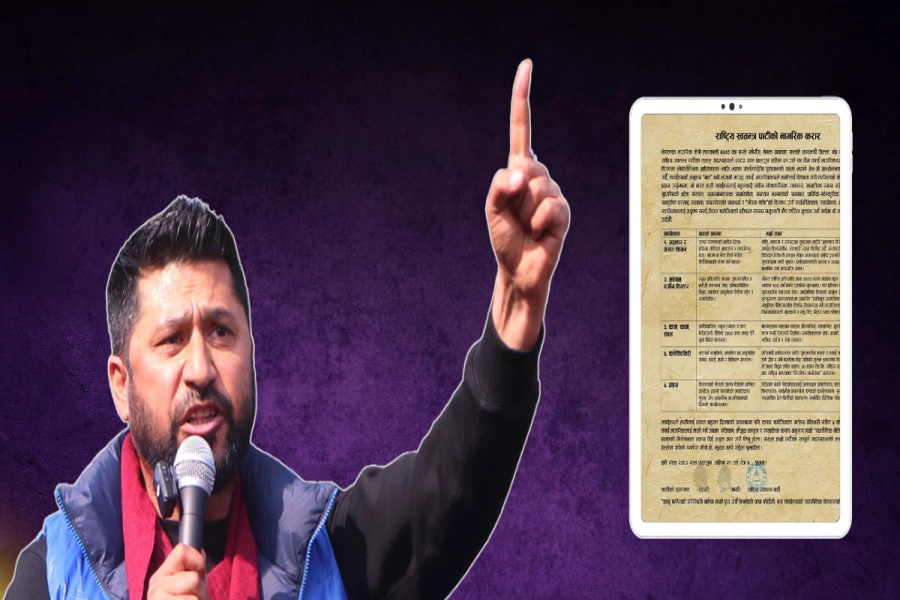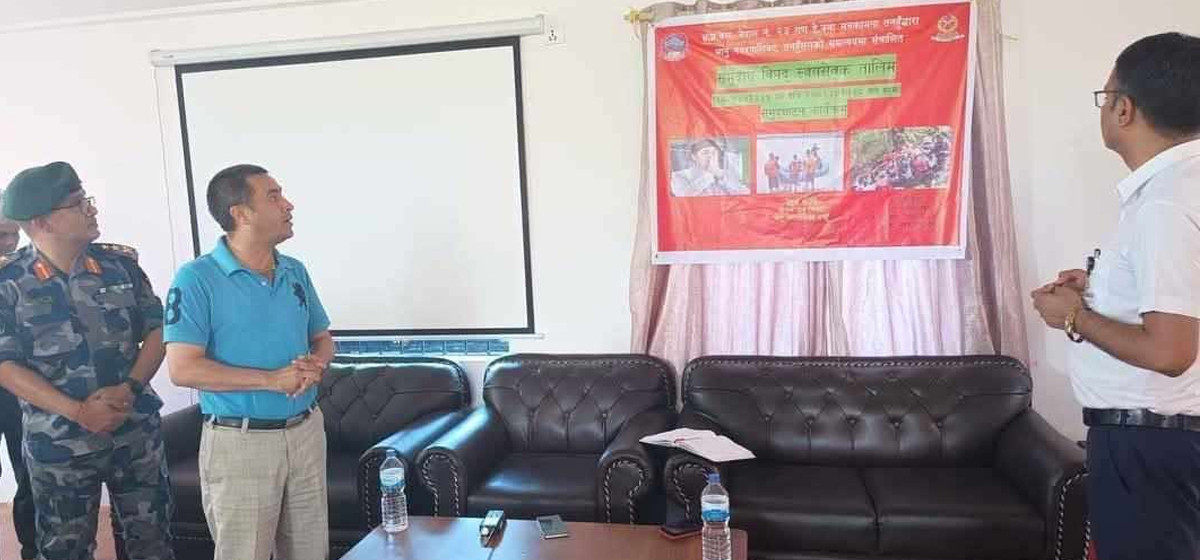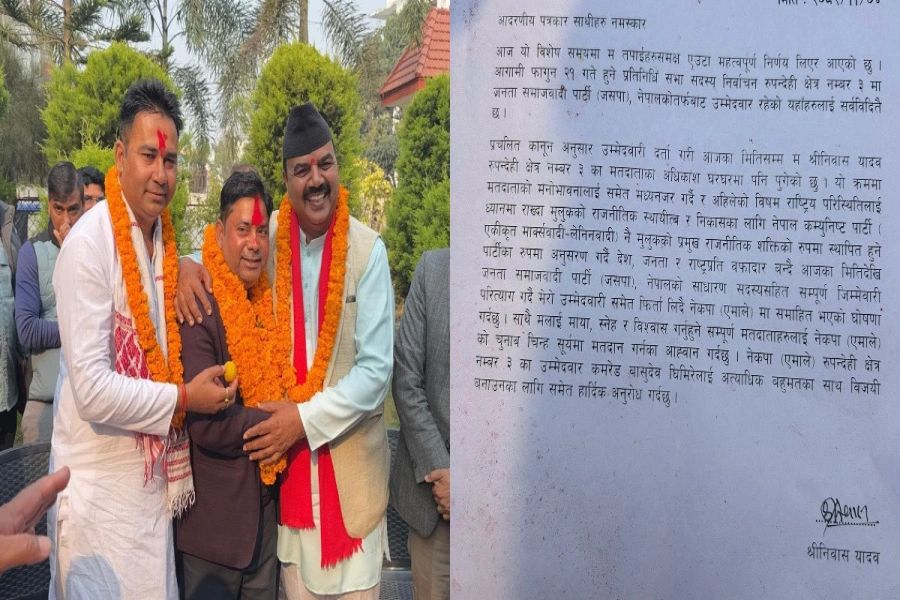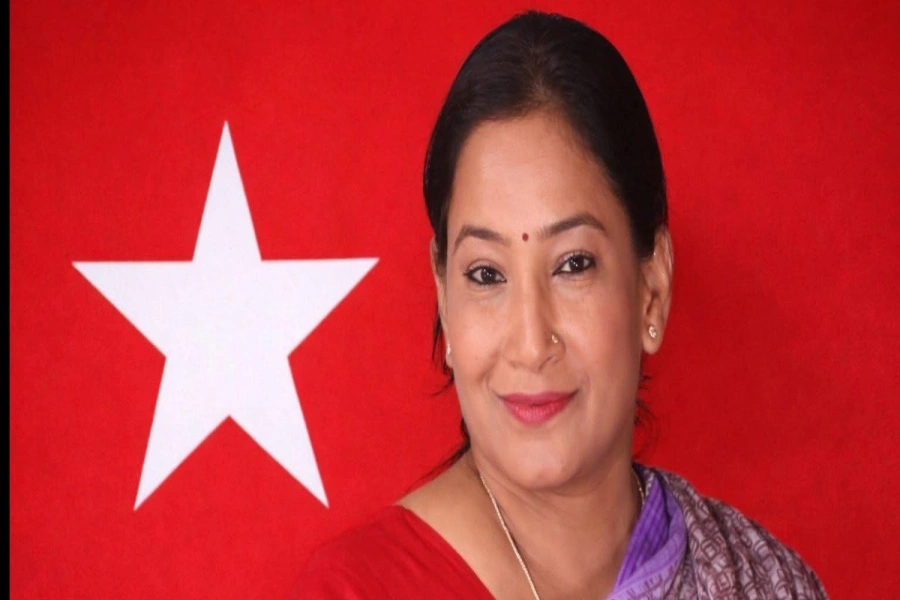KATHMANDU, Jan 2: Nepal's governance status remained disastrous in 2016. Lokman Singh Karki faced an impeachment motion, the first time a CIAA chief is going through this. The impeachment motion charging him with abusing his authority to benefit his family business and silence opponents is still pending in Parliament. With the impeachment motion, Karki has been suspended from his post.
Over 100 senior government officials, ex-ministers, security officials and civil society members were hauled in by Karki, apparently in a bid to silence opponents and critics.
Some of them got a clean chit after Karki was removed from his responsibilities, while others are still facing action.
Karki, who had managed to get appointed as head of the anti-corruption agency thanks to a nod from the big parties, is now facing trail at the Supreme Court regarding his qualifications.
Controversies were rife right from the time of Karki's recommendation as CIAA head and things reached a climax last year. "It was really a frustrating year. The chief of the anti-corruption agency himself faces impeachment," said former CIAA chief commissioner Surya Nath Upadhyaya. "The government was not successful in ensuring good governance and service delivery to the people."
After Karki was suspended, Deep Basnyat took charge as CIAA chief. But experts say a 'demoralized' CIAA will not be able to go after the big fish.
Before facing the apex court, Karki booked some high-ranking officials. Dozens of Armed Force Police (APF) brass, including incumbent IGP Kosh Raj Onta and formed IGPs Sanat Kumar Basnet, Basudev Oli and Shailendra Kumar Shrestha, were hauled to court on charges of misusing millions from state coffers with the help of fake documents.
Security officials, according to the charge sheets, lined their pocks while transporting logistics from headquarters to barracks across the country.
Governance in Social transformations in Nepal

Their cases are said to be pending at the Special Court. Investigations, however, have not gotten anywhere as the accused have refused to receive the court summons.
The notorious Sudan scam could not be settled in 2016. Although the Special Court convicted police brass including Om Bikram Rana, Ramesh Chand Thakuri and Hem Bahadur Gurung and supplier Michel Rider of Assured Risk Pvt. Ltd and his local agent Shambhu Bharati, cases have been pending at the Supreme Court since February 2013 against 34 of the accused. Delay in conducting any hearings has left the accused at liberty.
Both service delivery and post-earthquake reconstruction remained sluggish throughout the year. Despite repeated commitments from the government, earthquake victims have not been able to get new housing. A very few victims began their housing reconstruction after Rs 50,000 was distributed as the first tranche of housing aid.
Even as Prime Minister Pushpa Kamal Dahal promised to provide Rs 300,000 to each household rendered homeless, adding Rs 100,000 more to the previously announced grant of 200,000, the aid has not gotten through to the victims. "Both service delivery and governance remained the weakest," said former CIAA chief Upadhyay.
Governance experts warn that things could get more complicated in the days ahead if the parties fail to hold elections. Their worry comes at a time when the existing local bodies are poised to be dissolved as soon as the Local Bodies Restructuring Commission submits its reports to the government.
"People are ready to face any sort of problem to elect new leadership for the soon-to-be formed local governments. But it will be terrible if the elections cannot take place within the time expected," said Mahin Limbu, chairperson of National Association of Village Development Committees in Nepal (NAVIN).
The government has to conduct three sets of elections-local, provincial and central- by January 2018. Experts are worried service delivery by local bodies could worsen if the government fails to conduct the local elections in time. "We hope the parties can forge consensus and the leadership void at local level will end within 2017," said Limbu. The local bodies have been running without elected people's representatives since their term expired in 2002.



